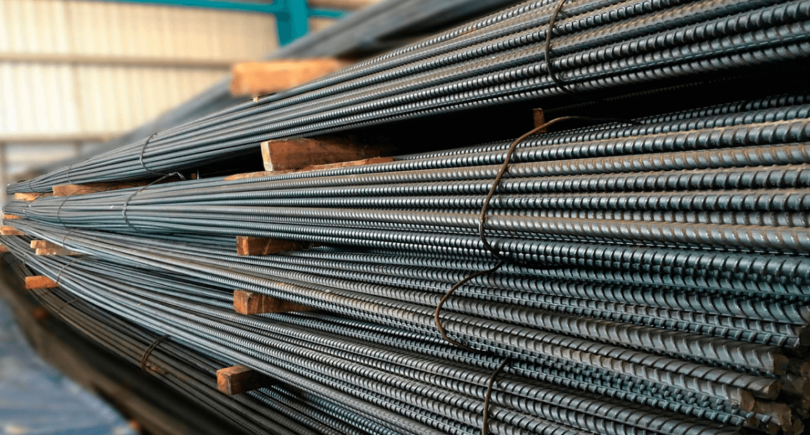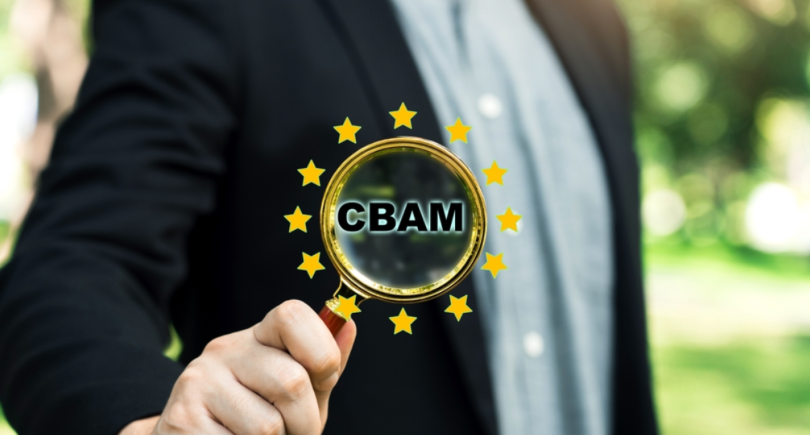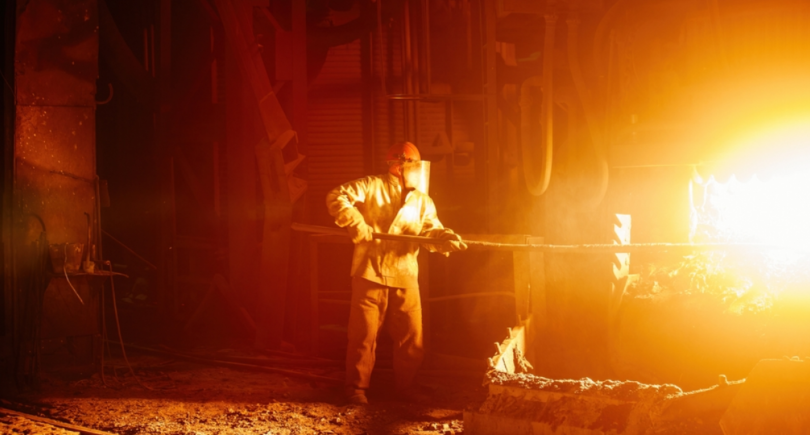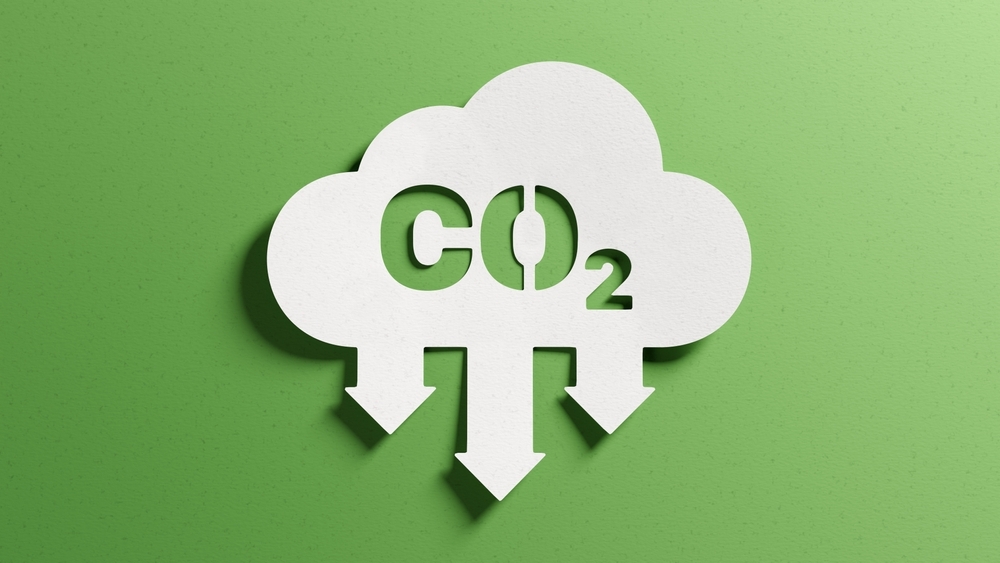
LESS is a voluntary labeling program open to all steel producers
The German steel association WV Stahl and the Federal Ministry for Economic Affairs and Climate Protection (BMWK) have presented a low-carbon steel standard (LESS, Low Emission Steel Standard). This is stated in the message of WV Stahl.
The standard was created at the initiative of the industry association and its member companies with the support of BMWK. The labeling is based on the results of an extensive stakeholder process called «Leadership in Sustainable Raw Materials Markets» organized by the Ministry. It concluded in November 2023 and involved more than 60 representatives of political institutions, steel and metal trading companies, the recycling and consumer sectors, as well as civil society and academics.
Bernhard Osburg, President of WV Stahl, emphasized the importance of clear rules, definitions and standards for the successful transformation of the steel industry. According to him, the steel industry is committed to developing a climate-friendly steel market to replace government start-up funding for transformation as soon as possible.
“To achieve this, we need to make the progress made in decarbonizing our businesses visible, comparable and measurable. The definition of green steel has long been the subject of intense debate around the world. I am pleased that by joining forces, we have managed to develop a widely agreed solution based on international rules and standards, which we are now putting into practice,» said Osburg.
LESS is the first standard in one of the world’s largest steel producing countries. It combines two production methods – traditional blast furnace production in the process of transition to hydrogen production processes and electric steel production based on scrap, which already has low CO2 emissions. The standard makes it possible to compare the decarbonization efforts of both pathways.
The goal of LESS is to accelerate the transition to climate neutrality through market instruments. Therefore, the association notes, the standard is much more ambitious than similar labeling schemes and reflects both the current state of transformation and the one to be achieved in the future.
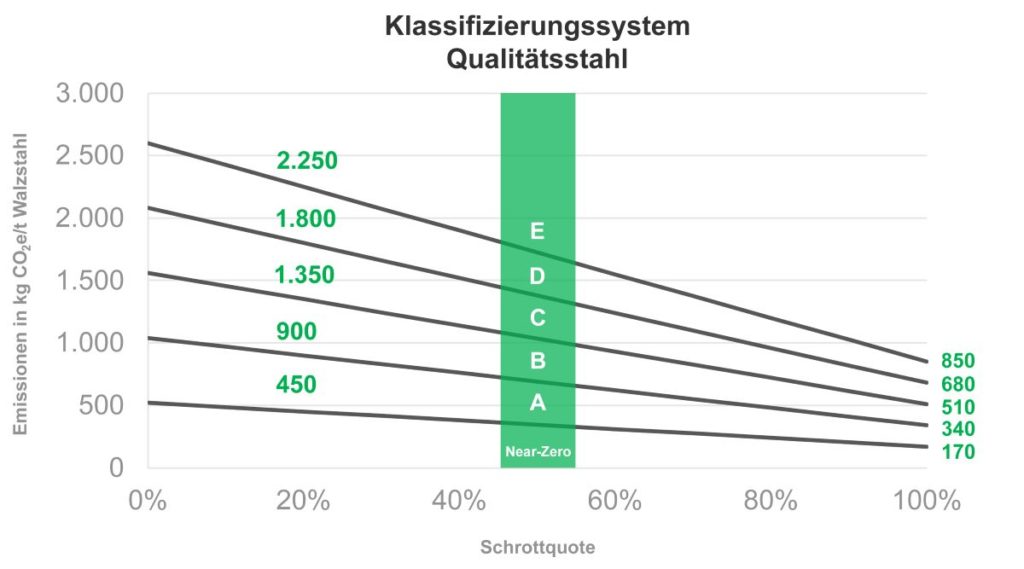
stahl-online.de
The centerpiece is a labeling system that uses a graduated classification scale. At the same time, LESS-certified companies must declare the amount of scrap they use, as well as the product’s total carbon footprint (PCF) or global warming potential (GWP) contained in the finished steel product in accordance with the Environmental Product Declaration (EPD).
«This provides steel consumers with all the information they need to document their climate goals by using low-CO2 steel,» WV Stahl explains.
The LESS standard was created for international cooperation and is a voluntary label open to all steel producers.
In early April, Germany’s government coalition agreed on a financing mechanism for the country’s future hydrogen network, extending its construction period to 2037 and providing investor protection in case of bankruptcy.


